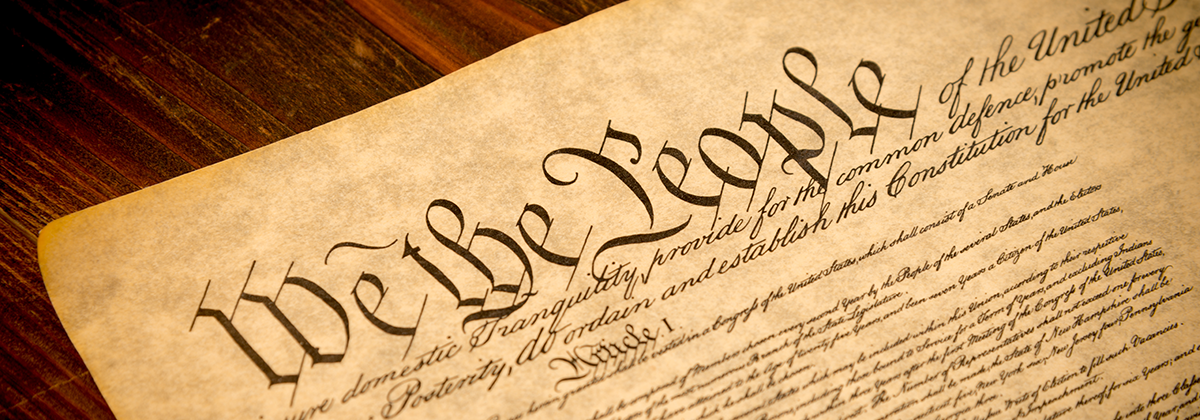What brought us together as a country in the beginning? What helped us overcome our differences and become one nation? This week, I began a series called “The Ties that Bind.” People are asking me what to do. They have also pitched some anger my way. Has that happened to you? Let’s go back to the basics, just like in a sport when you are missing the mark. What do you do? You go back to the foundations. Let’s remember the ties that bonded us together. From there, we can discern the path ahead. Thanks for being here. ??
The Ties That Bind
We the People have been through tough stuff before as a country. Whether it be the civil war, civil strife in the 1960s, or civil unrest, somehow, we were able to once again live in peace together. What was the tie that bonded us together then? How do we even find a link, let alone a bond now? Let’s think about it.
Then:
The Founders learned from the past by reading classics on government. They studied the great writers on government, like Baron Charles Montesquieu, Sir William Blackstone, and John Locke. Noted international law thinkers, like Grotius, Pufendorf, and Vattel, attracted the Founders’ attention. Our Founders even went back to the ancient history of the old Roman republic. They studied the Bible as well as non-Christian sources. In short, they studied.
Now:
How many Americans have studied our organic founding documents, namely, The Declaration of Independence and the U.S. Constitution? Have you? I have trouble finding adult students who are willing to devote three lessons to the subject, let alone three months! How can we understand the revolutionary thought of individual liberty if we aren’t taught our founding American documents? Or why concepts like individual rights, private property ownership, and equal justice are cornerstones of our American system? In brief, we renege on our responsibility to study our organic founding documents and compare them to the alternative. We remain ignorant for lack of knowledge.
One hundred sixty years ago, Abraham Lincoln wrote “Fragment on the Constitution and Union.” Let’s take a moment to read Lincoln’s words: (I had to re-read it a few times).
“All this is not the result of accident. It has a philosophical cause. Without the Constitution and the Union, we could not have attained the result; but even these are not the primary cause of our great prosperity. There is something back of these, entwining itself more closely about the human heart. That something, is the principle of “Liberty to all” — the principle that clears the path for all — gives hope to all — and, by consequence, enterprise, and industry to all.
The expression of that principle, in our Declaration of Independence, was most happy, and fortunate. Without this, as well as with it, we could have declared our independence of Great Britain; but without it, we could not, I think, have secured our free government, and consequent prosperity. No oppressed, people will fight, and endure, as our fathers did, without the promise of something better, than a mere change of masters.
The assertion of that principle, at that time, was the word, “fitly spoken” which has proved an “apple of gold” to us. The Union, and the Constitution, are the picture of silver, subsequently framed around it. The picture was made, not to conceal, or destroy the apple; but to adorn, and preserve it. The picture was made for the apple — not the apple for the picture.
So let us act, that neither picture, or apple shall ever be blurred, or bruised or broken.
That we may so act, we must study, and understand the points of danger.”
What is the principle that Lincoln says “clears the path for all” and proved to be “apple of gold” (in a silver frame)?
How was this principle essential to declaring independence from Britain?
Do Americans still believe in this principle today? If so, how do we keep this principle alive?
Three short months after Lincoln penned this “Fragment on the Constitution and the Union,” the Civil War began. With all the talk about the state of our Union today, how do Americans avoid the same path?
We’ll continue examining the “ties that bind” next time as we consider the foundation of our government.
This is Common Sense Civics and Citizenship. ??

